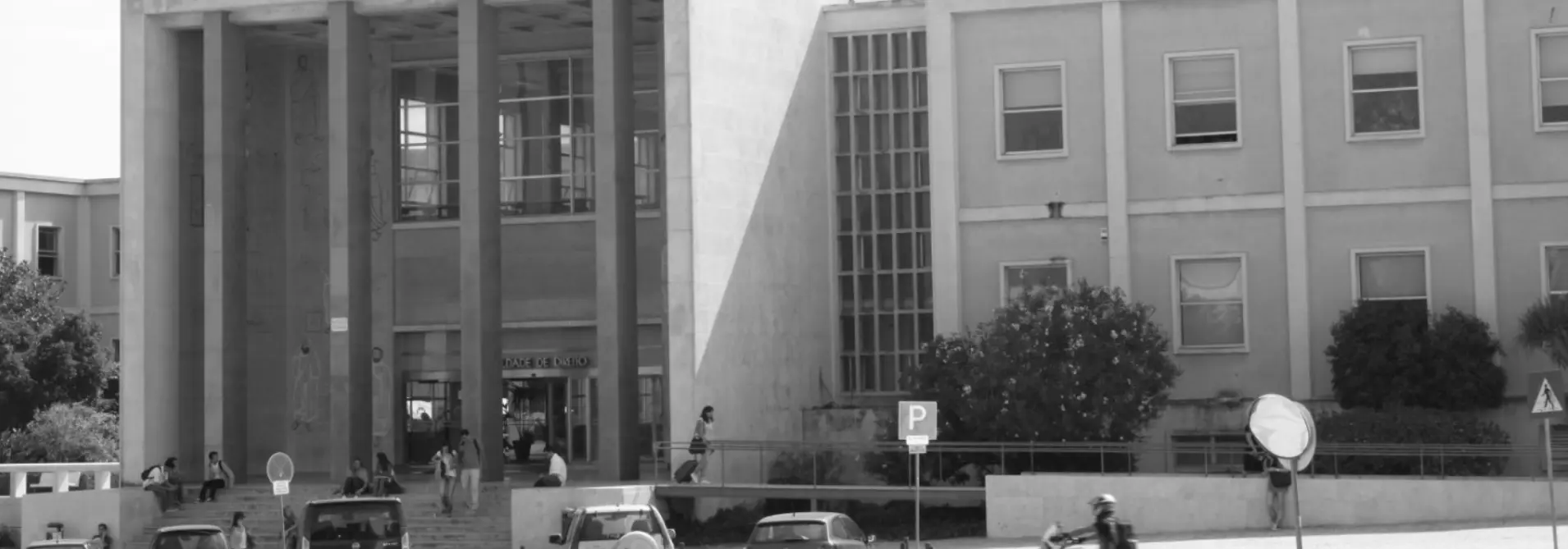TC – Case No. 56/24; Ruling No. 415/2024
In a ruling issued on May 28, 2024, the Constitutional Court declared unconstitutional the rule that considered non-compliance with home confinement during the state of emergency declared during the COVID-19 pandemic as a crime of civil disobedience.
The issue was brought before the Constitutional Court through an appeal by the Public Prosecutor's Office against a decision by the Criminal Investigation Court of the Évora Judicial District. The decision did not apply the crime of civil disobedience for non-compliance with home confinement during the pandemic, citing the unconstitutionality of the rule derived from Article 348(1)(a) of the Penal Code, in conjunction with Articles 3 and 15 of Resolution of the Council of Ministers No. 114-A/2021 and Article 6 of Law No. 27/2006.
The mentioned Resolution declared a "state of contingency across the entire mainland territory" following the epidemiological situation caused by COVID-19, until September 30, 2021.
The Public Prosecutor argued that the right to freedom is not absolute and is subject to restrictions. Additionally, they recalled that the pandemic period created a "context of heightened exceptionality—resulting from the declaration of the state of emergency—and, consequently, a suspension of constitutional rights and an enhancement of public powers."
However, the Constitutional Court, following previous decisions, noted that despite the declared state of emergency, it was "a period of normal application of all constitutional norms, particularly those referring to fundamental rights." Therefore, the fundamental right to personal freedom enshrined in Article 27 of the Constitution was neither suspended nor restricted.
Moreover, the rule in question did not establish "specific mechanisms to guarantee citizens' rights, nor any type of judicial oversight; nor does it require that affected individuals be informed of the available legal remedies to challenge the measures imposed on them"; thus, it presents "a framework of systematic unaccountability, particularly judicially, both prior and subsequent."
Furthermore, the issue did not concern the division of powers between sovereign bodies. Therefore, "the legal requirement of a certain behaviour and the classification of the non-compliance with such a duty as a crime of disobedience could only be established by a law passed by the Assembly of the Republic, as provided in Article 165(1)(c) of the Constitution."
It was noted that there was no legal provision issued by the Assembly of the Republic that imposed, during an administrative emergency—the state of contingency declared by Resolution of the Council of Ministers No. 114-A/2021—a legal duty to remain in mandatory confinement (in a health facility or at home), and which punished the non-compliance with this order as disobedience. Thus, the rule attempted to be applied in this case lacked "sufficient definition to be considered a sufficiently determined criminal norm."
Finally, regarding Article 6 of the Basic Law on Civil Protection, the ruling understood that its provisions "only establish a general duty of cooperation in pursuing civil protection objectives, as well as, in the case of citizens and private entities, complying with orders, instructions, and advice from the responsible security bodies and agents."
The issue of classifying civil disobedience in cases of non-compliance with confinement rules during the COVID-19 pandemic was also addressed in Rulings No. 416/2024 and 417/2024, issued by the Constitutional Court in May 2024, in the same direction.
Ruling No. 415/2024 concluded that the normative interpretation under review "allows for such broad interference in personal liberty that it, once again, cannot help but fall under the fundamental right enshrined in Article 27 of the Constitution."
We invite everyone to follow the Observatório on social media for more relevant and up-to-date content on Constitutional Justice.
The full text of the ruling is available here.



